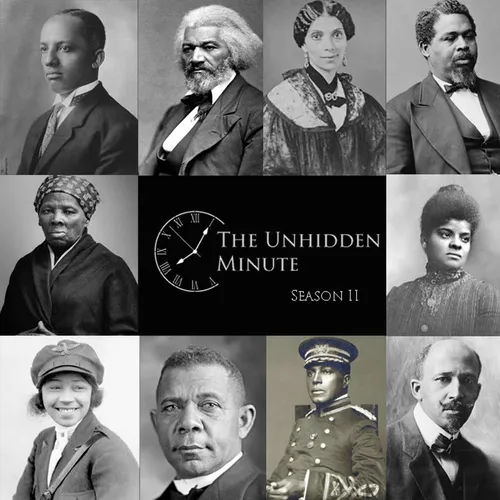
The Unhidden Minute
The Unhidden Minute is part of the Unhidden Podcast Project supported through a National Geographic Explorer Grant from the National Geographic Society. This series celebrates the untold stories of Black American history.
- Update frequency
- every 2 days
- Average duration
- 1 minutes
- Episodes
- 155
- Years Active
- 2024 - 2025
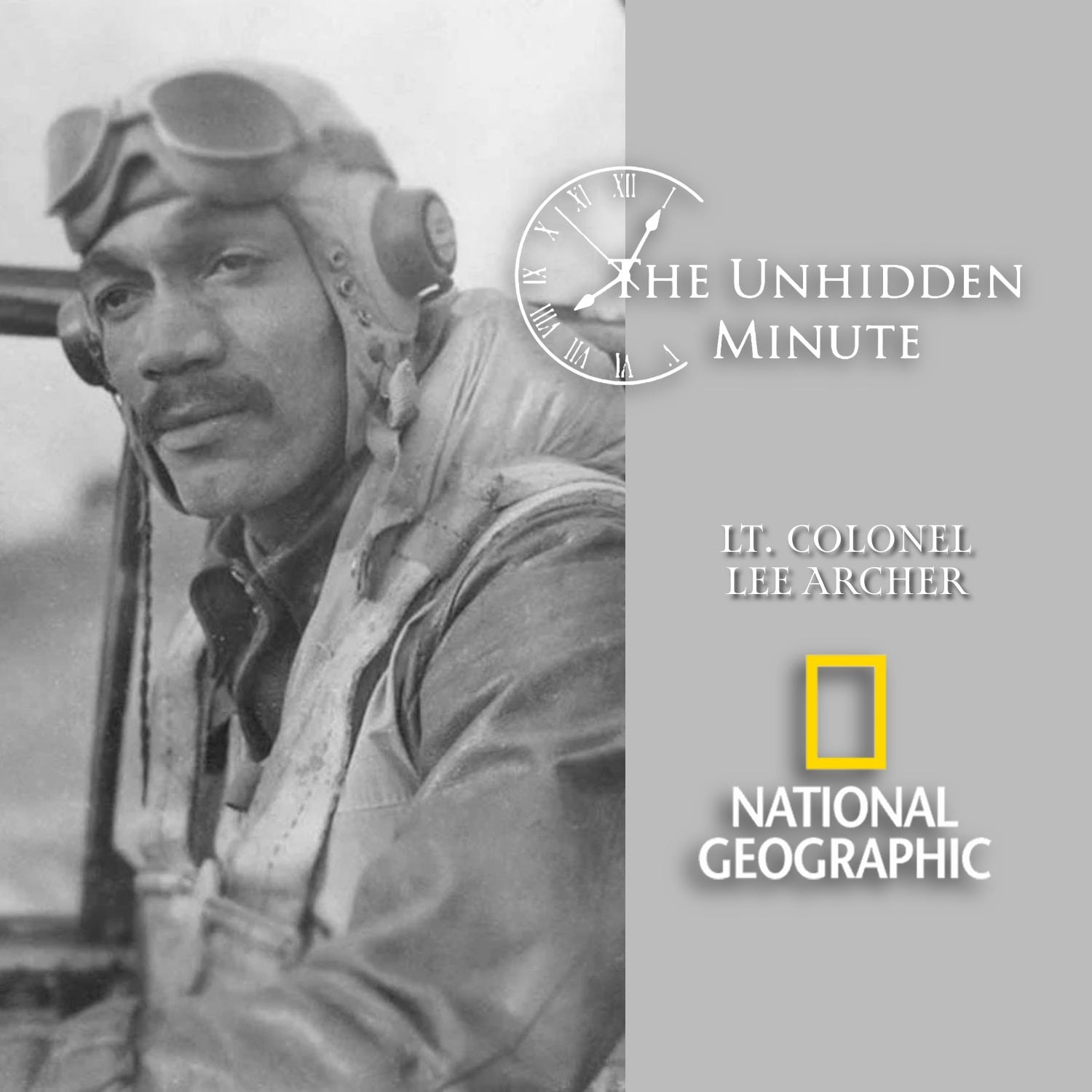
Lt. Colonel Lee Archer
Lieutenant Colonel Lee Archer was a decorated Tuskegee Airman and one of the few Black American fighter pilots to achieve ace status during World War II. Born on September 6, 1919, in Yonkers, New Yo…
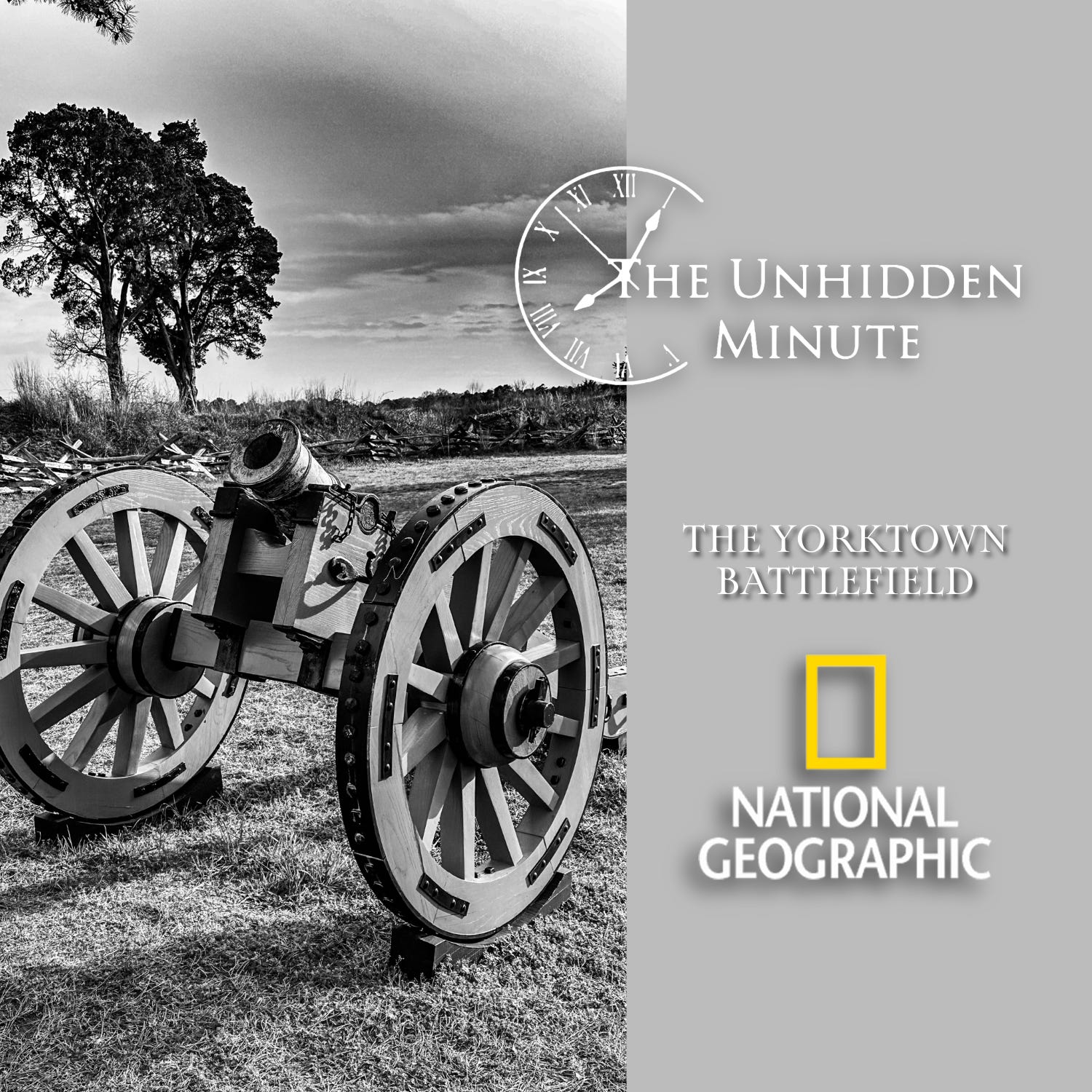
The Yorktown Battlefield
The Yorktown Battlefield in Virginia is known for its pivotal role as the site of the decisive victory of the Continental Army over the British in 1781that ended the American Revolutionary War. Howev…
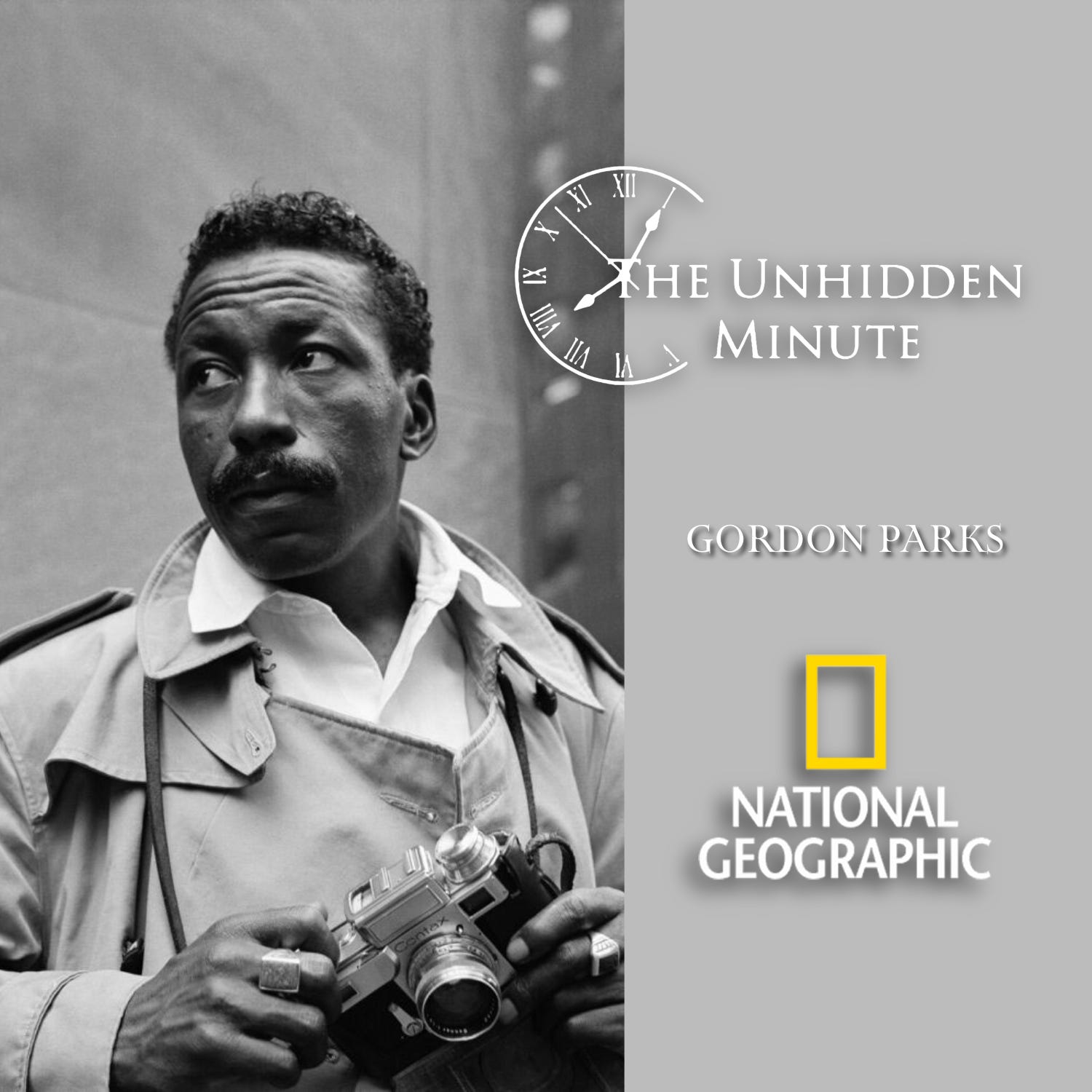
Gordon Parks
Gordon Parks (1912–2006) was a groundbreaking Black American photographer, filmmaker, and writer whose work forever shaped American culture. Born in Fort Scott, Kansas, Parks grew up in poverty and e…
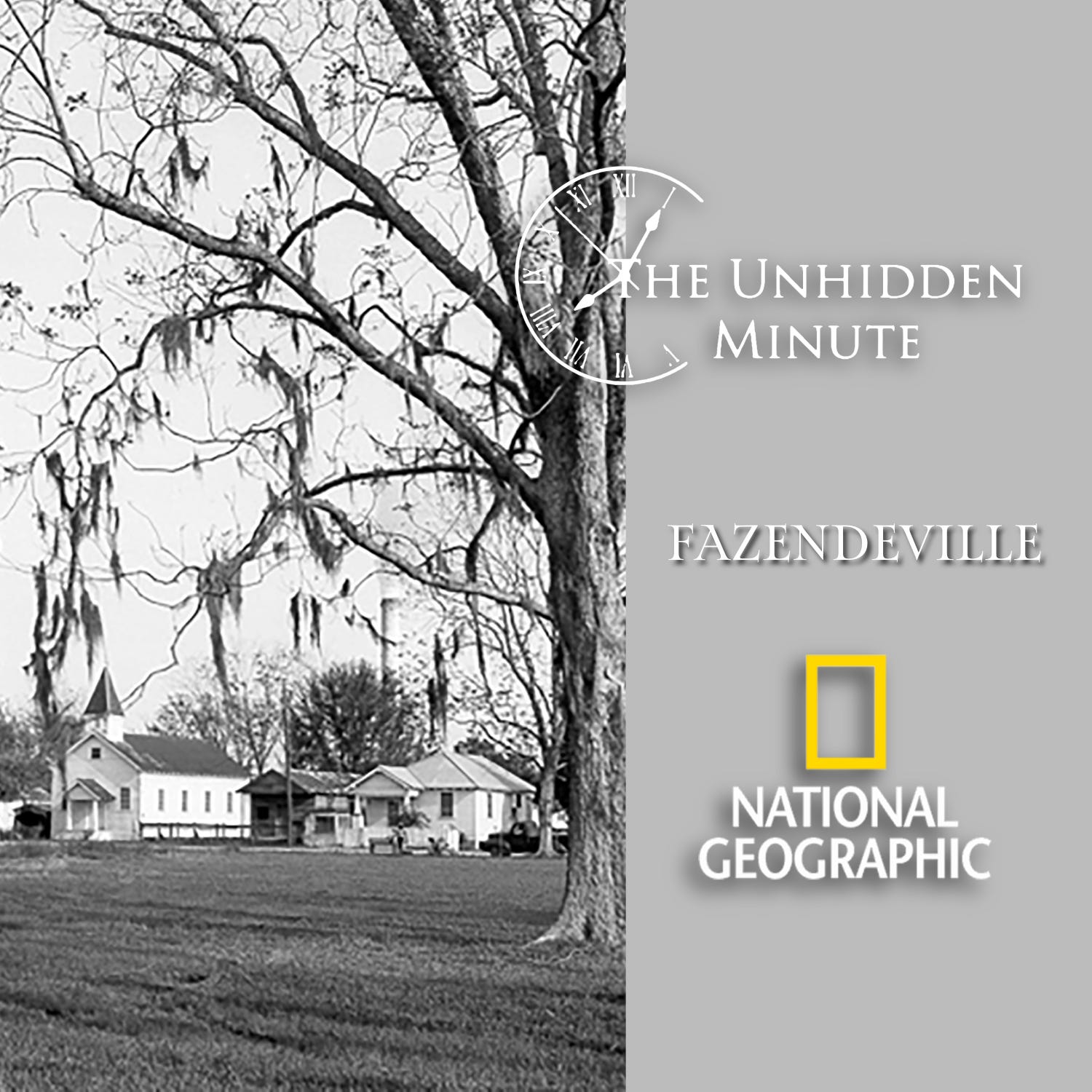
Fazendeville
Fazendeville, Louisiana, was a historic Black community founded in the 1860s by freedman Jean Pierre Fazende, not long after the Civil War. The land near Chalmette, just outside of New Orleans was su…
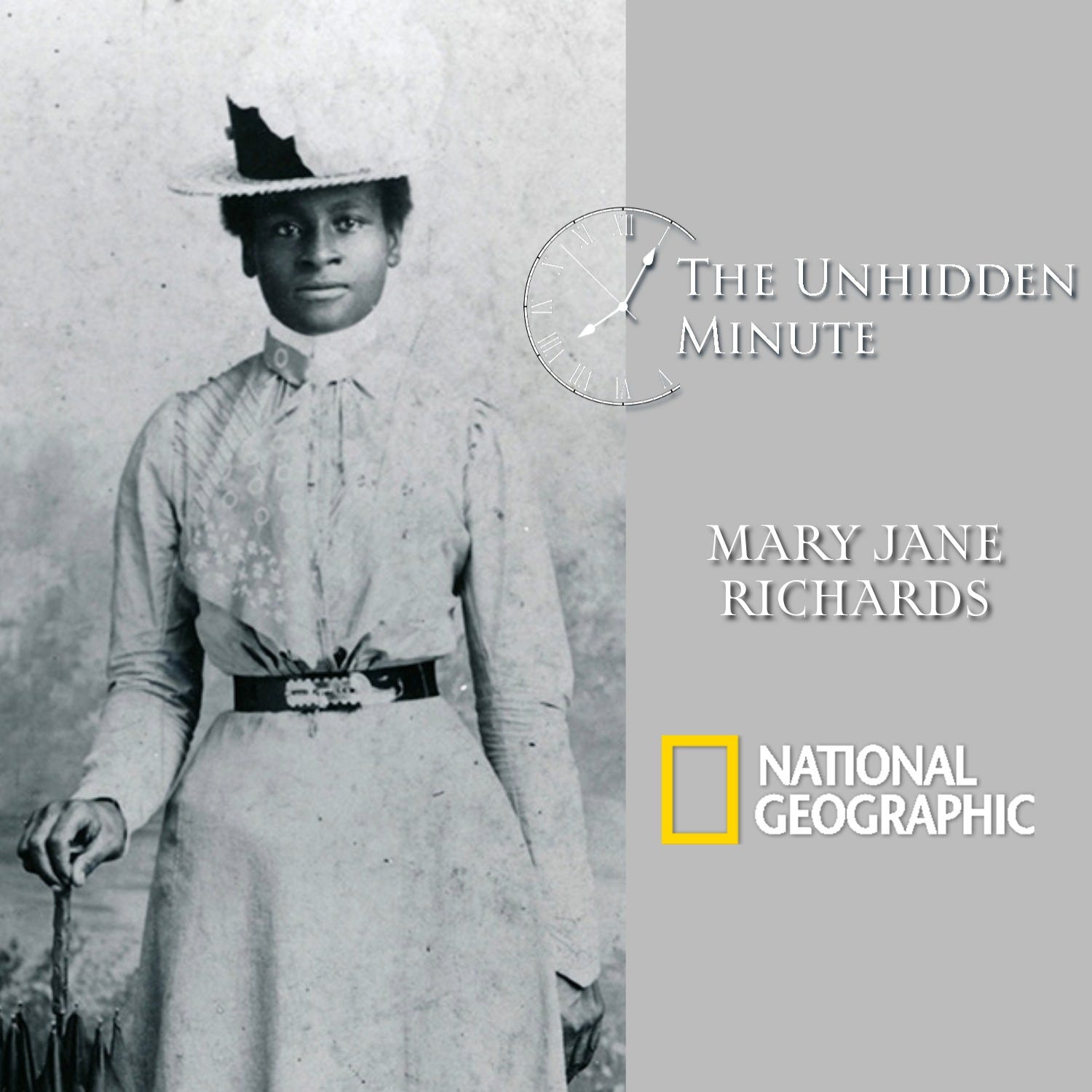
Mary Jane Richards
Mary Jane Richards, also known as Mary Bowser, was a formerly enslaved Black woman who became a Union spy during the American Civil War. Born in Richmond, Virginia, around 1840, she was freed by her …
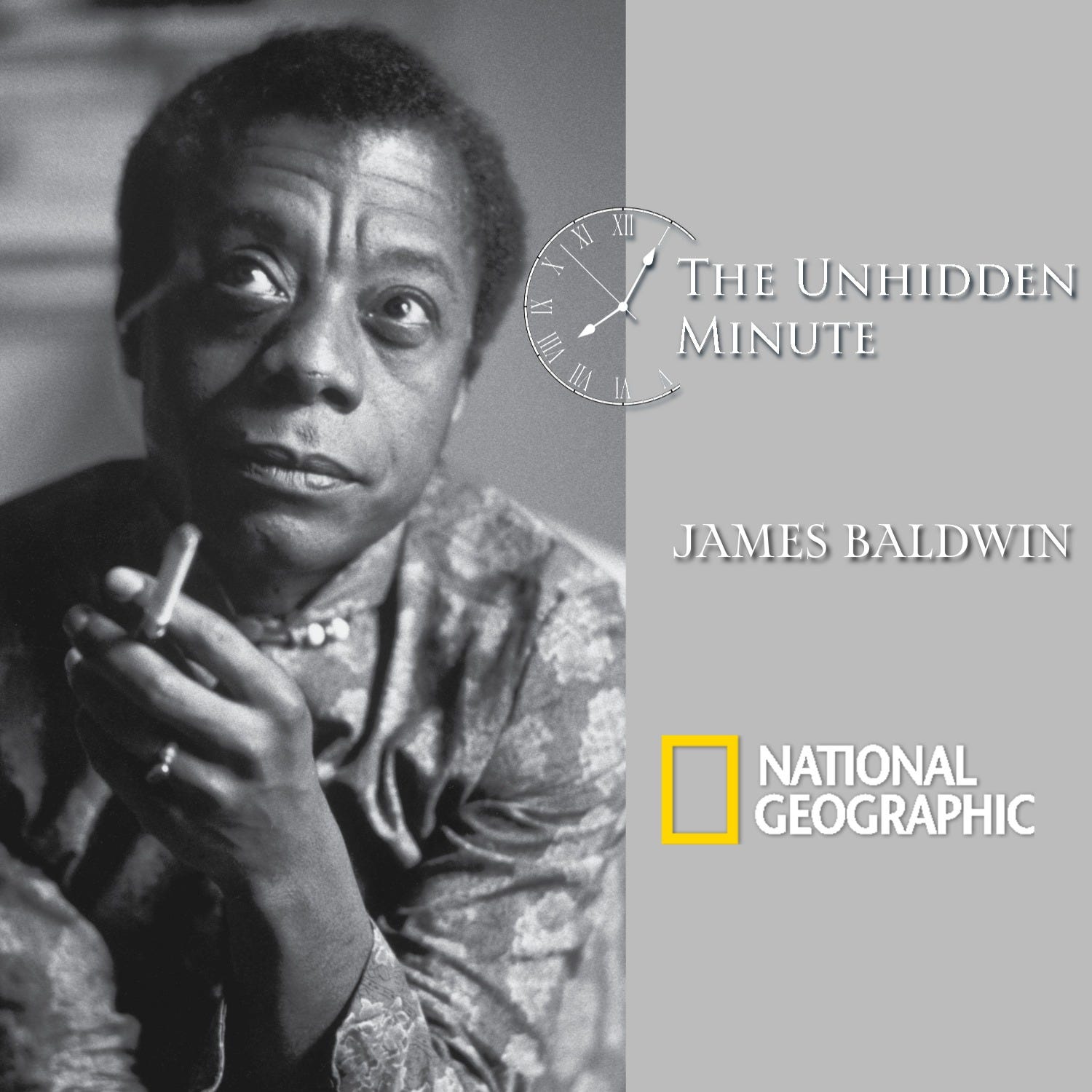
James Baldwin
James Baldwin (1924–1987) was a groundbreaking Black American writer and social critic whose work explored the intersections of race, sexuality, and identity. Born in Harlem, he rose from poverty to …
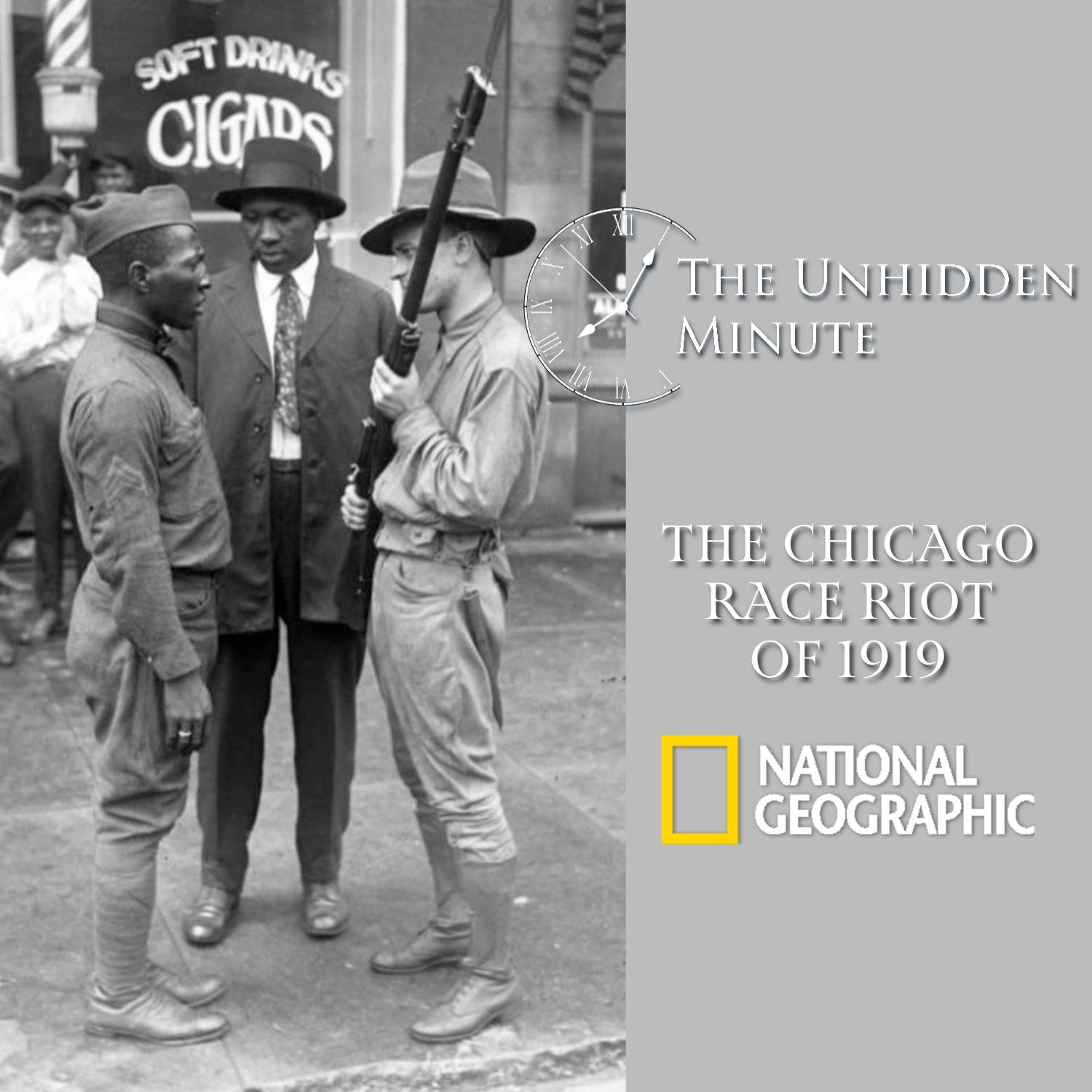
The Chicago Race Riot of 1919
The Chicago Race Riot of 1919 erupted on July 27 in the Bronzeville neighborhood along the shores of Lake Michigan. A Black teenager, Eugene Williams, drowned when white beachgoers threw rocks at him…
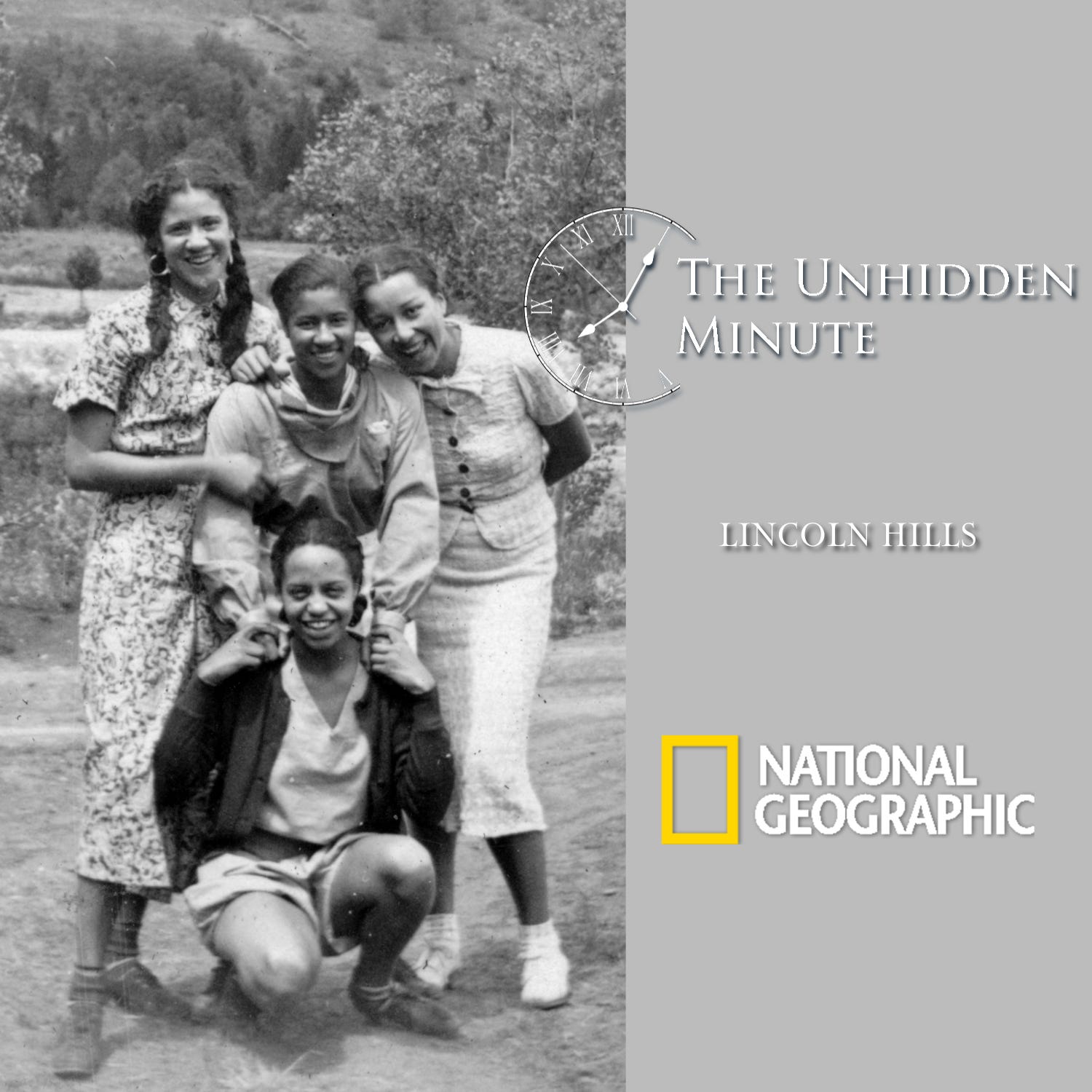
Lincoln Hills
Lincoln Hills, Colorado, established in 1922, was the only Black-owned mountain resort west of the Mississippi River during the Jim Crow era. Founded by entrepreneurs E.C. Regnier, Robert Ewalt, and …
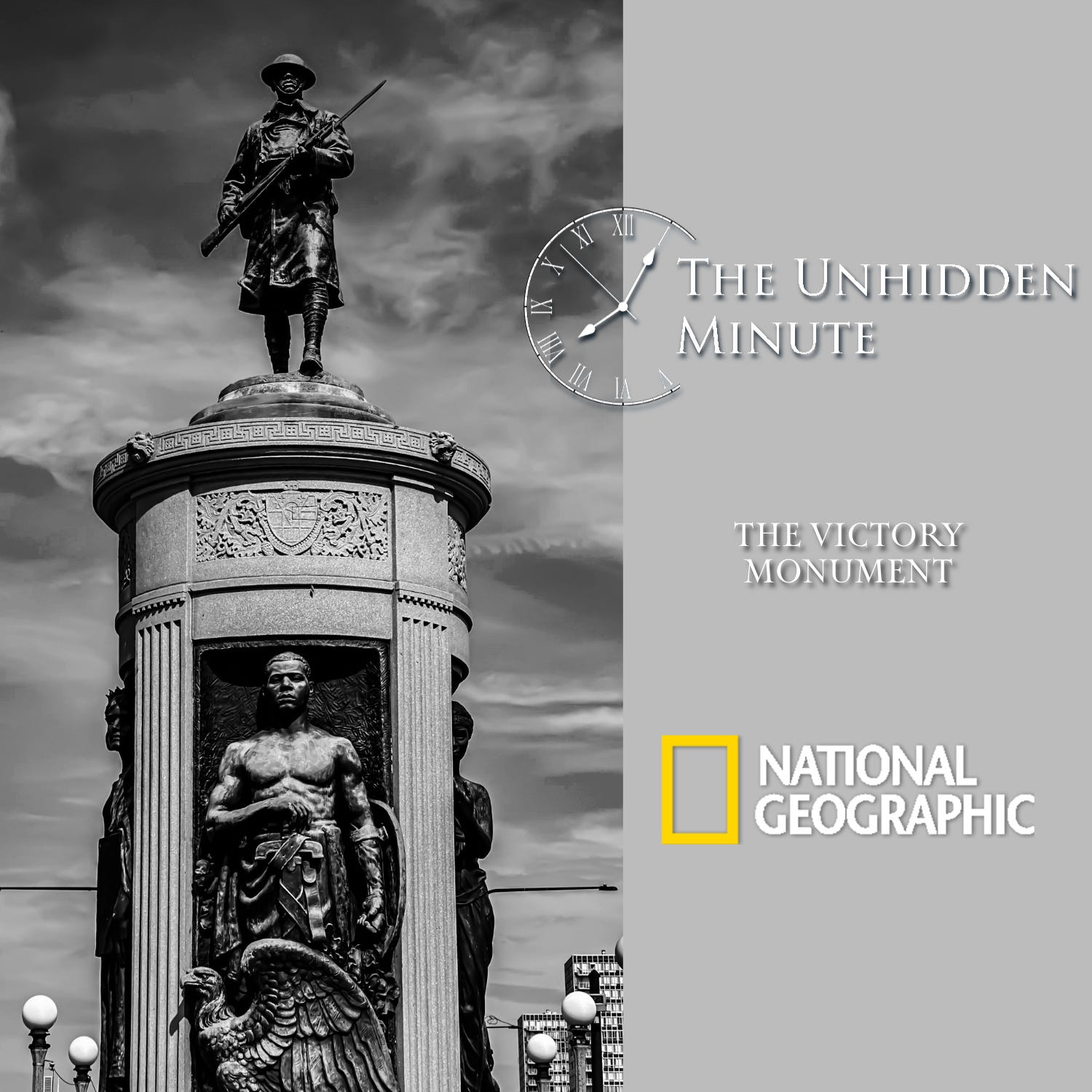
The Victory Monument
The Victory Monument in Chicago’s Bronzeville neighborhood honors the all-Black Eighth Regiment of the Illinois National Guard. Later known as the 370th Infantry, these soldiers fought valiantly unde…
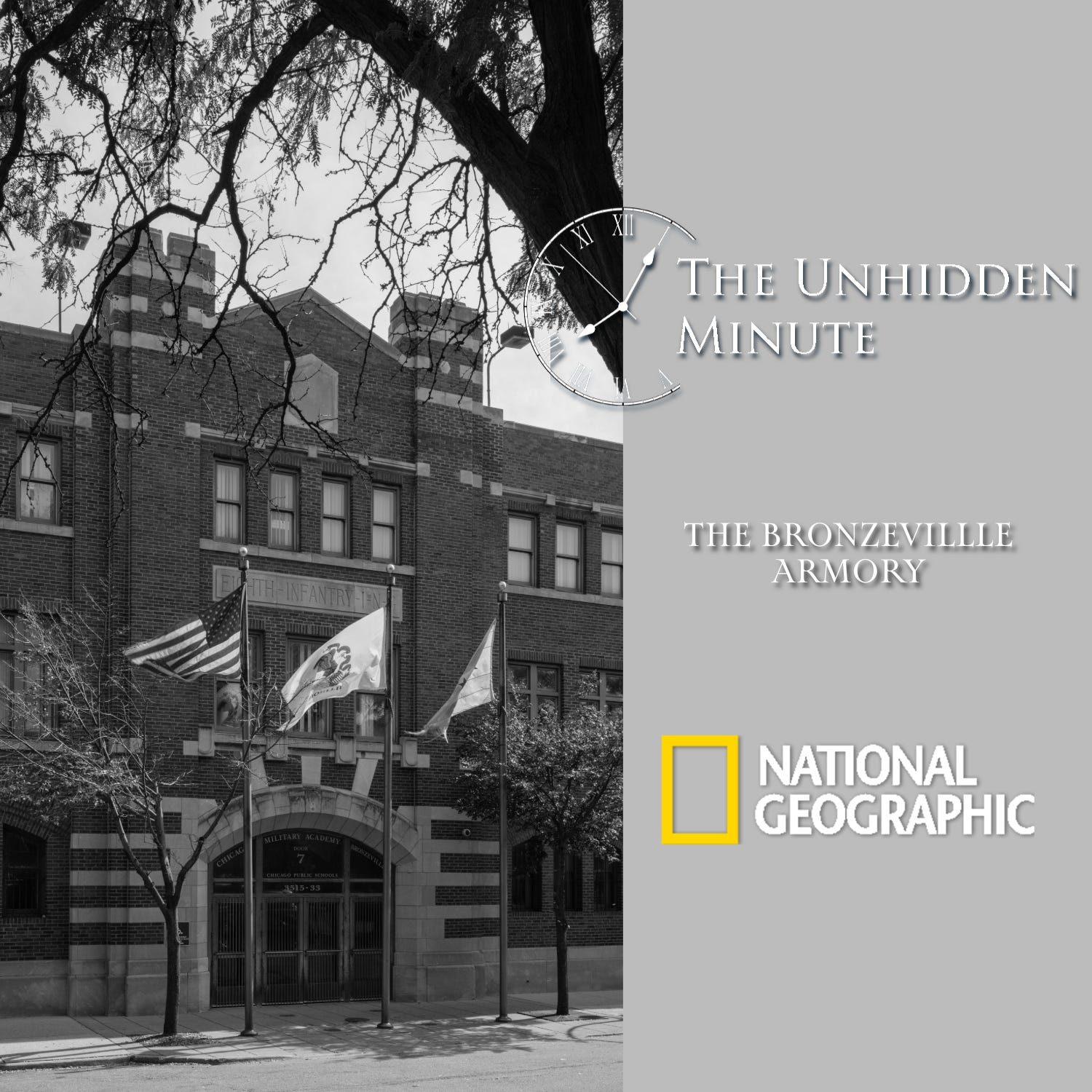
The Bronzeville Armory
During World War I, the Bronzeville Armory in Chicago played a crucial role as a center of Black military organization and community pride. Located in the heart of the city's thriving African America…
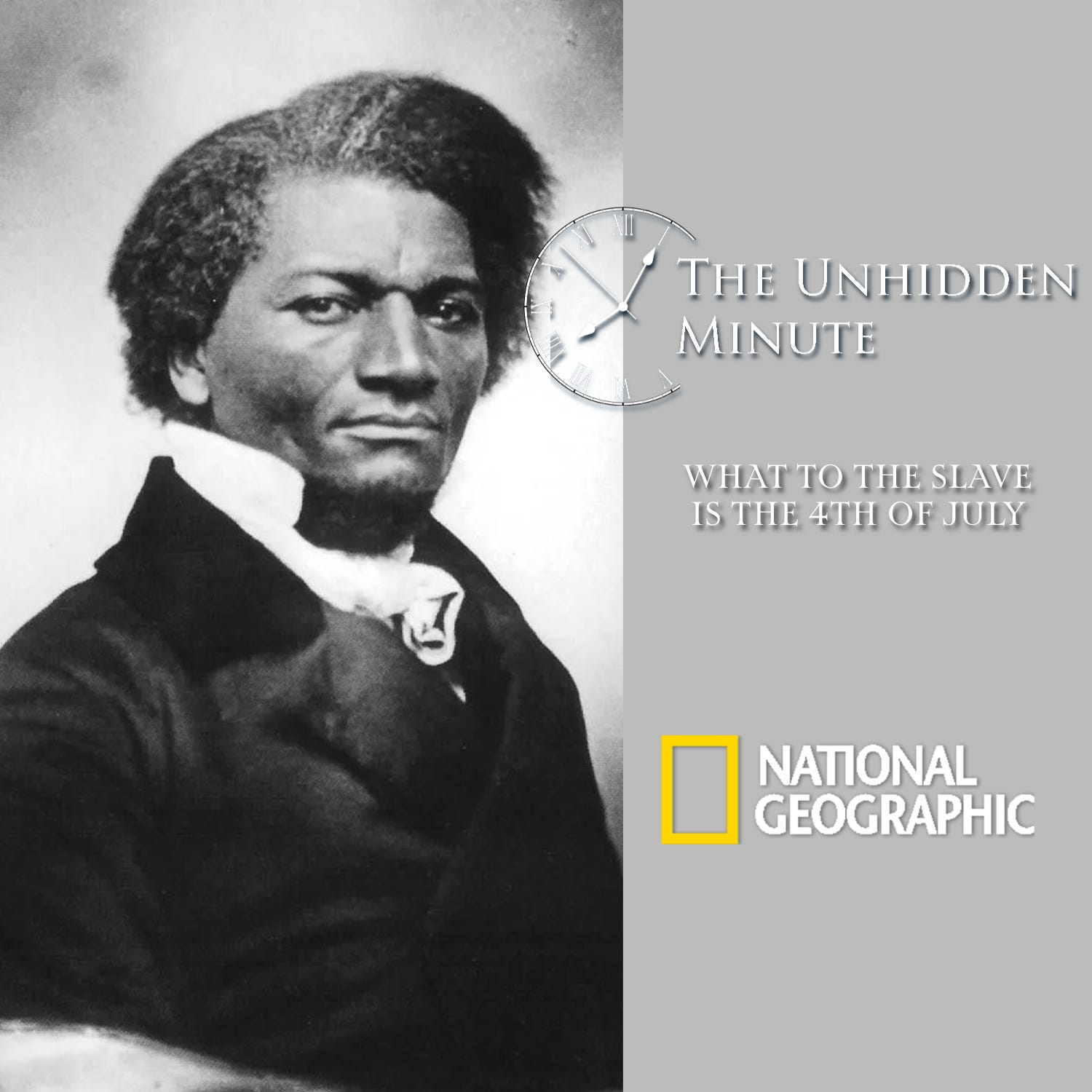
What to the Slave is the 4th of July
On July 5, 1852, in Rochester, New York, Frederick Douglass delivered his searing speech “What to the Slave is the Fourth of July?” His eloquent words exposed the hypocrisy of a nation that celebrate…
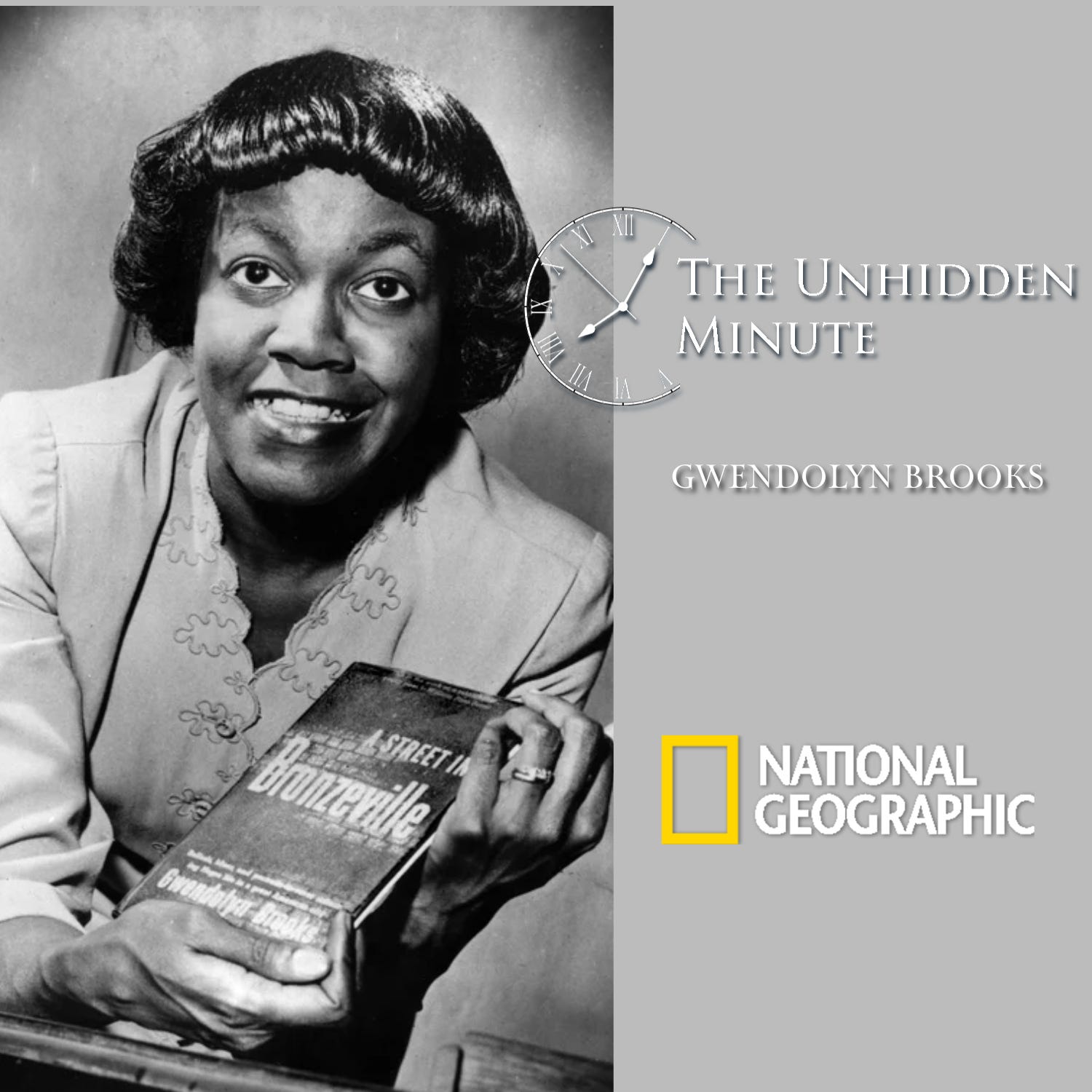
Gwendolyn Brooks
Gwendolyn Brooks was a groundbreaking American poet whose work captured the joys, struggles, and beauty of Black life, particularly in Chicago’s South Side community of Bronzeville. Born in 1917, she…
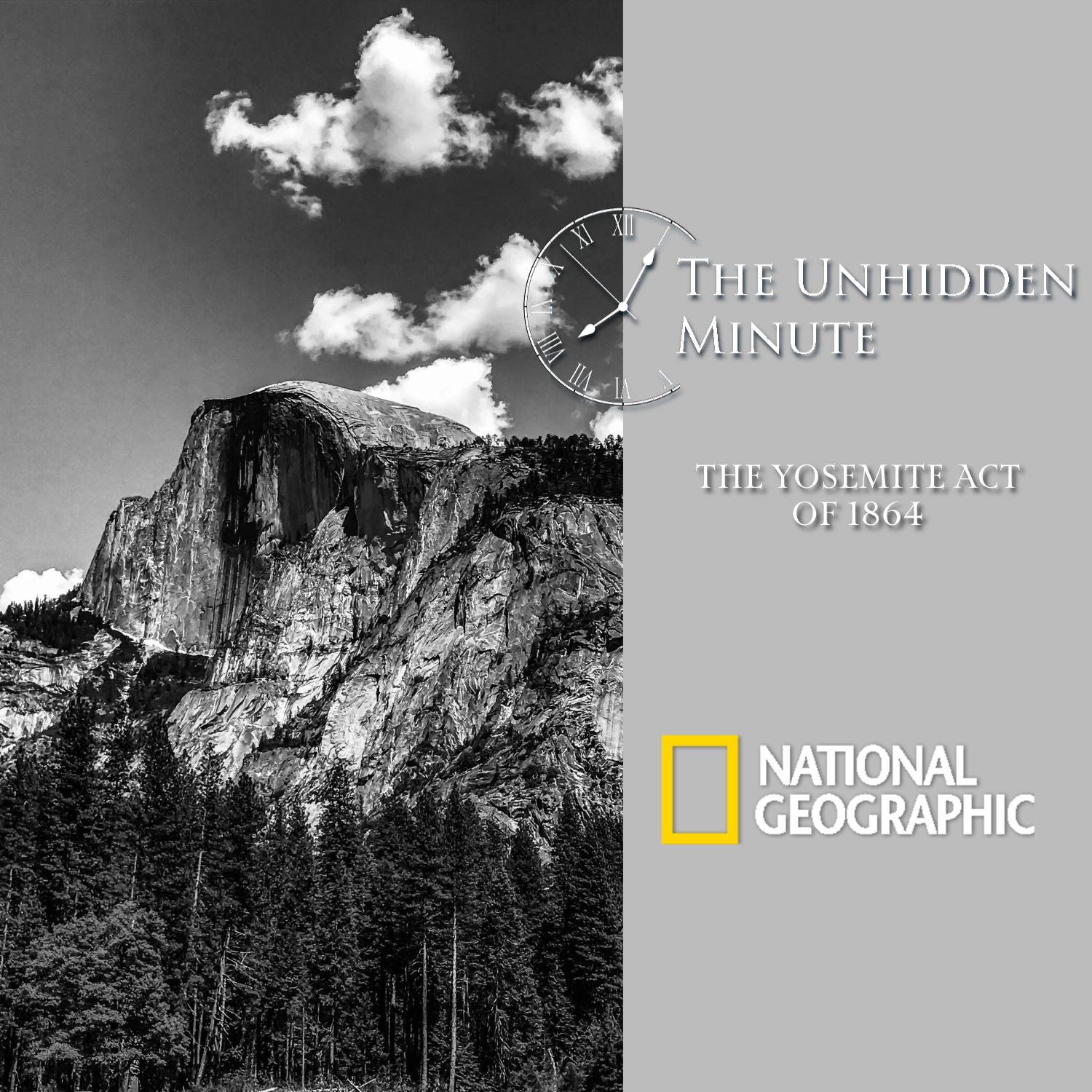
The Yosemite Act of 1864
The Yosemite Act of 1864 was a landmark piece of legislation signed by President Abraham Lincoln during the Civil War. Signed on June 30th the new law granted the Yosemite Valley and the Mariposa Gro…
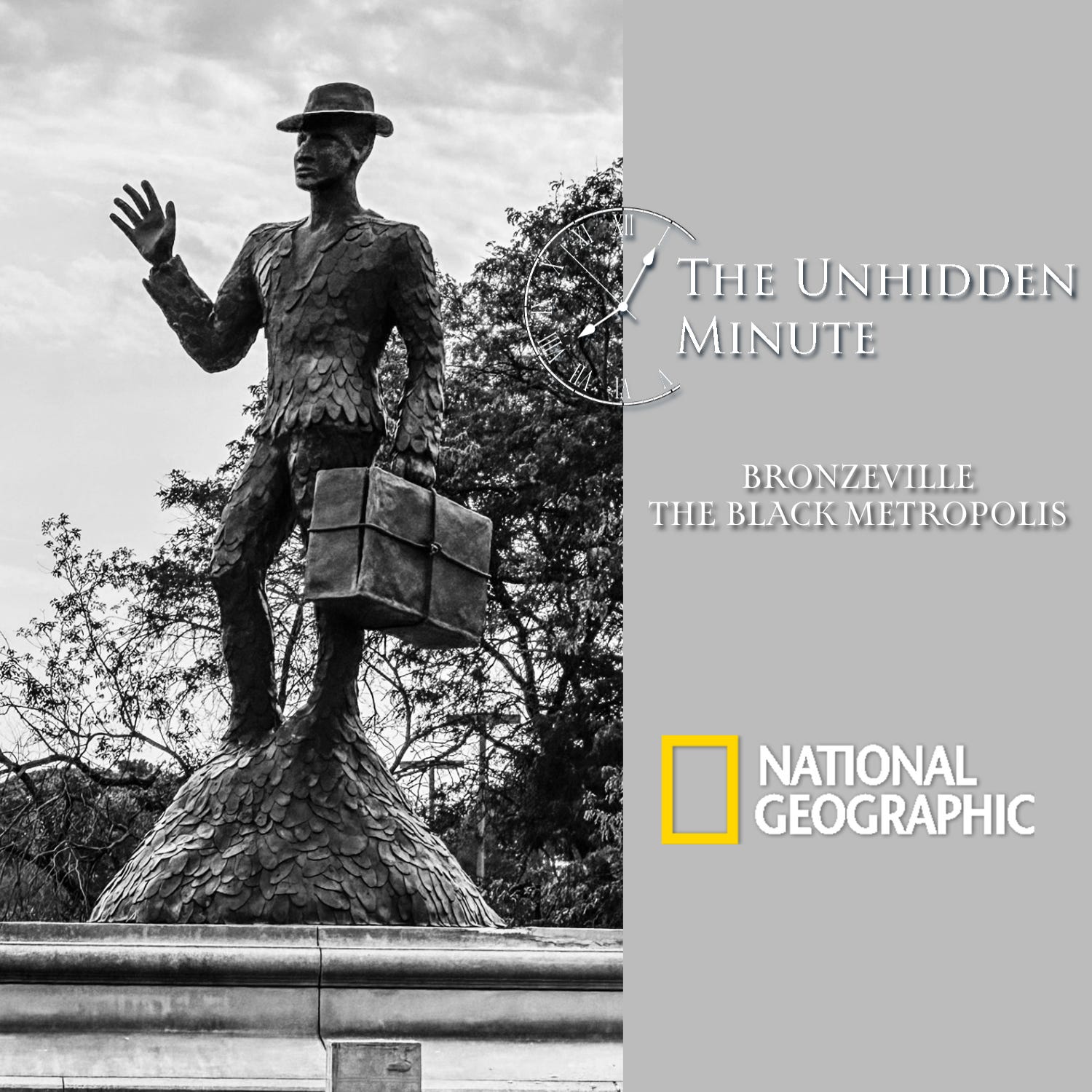
Bronzeville
Located on Chicago’s South Side, Bronzeville is one of the most historically significant Black communities in the United States. Often called the "Black Metropolis," Bronzeville thrived in the early …
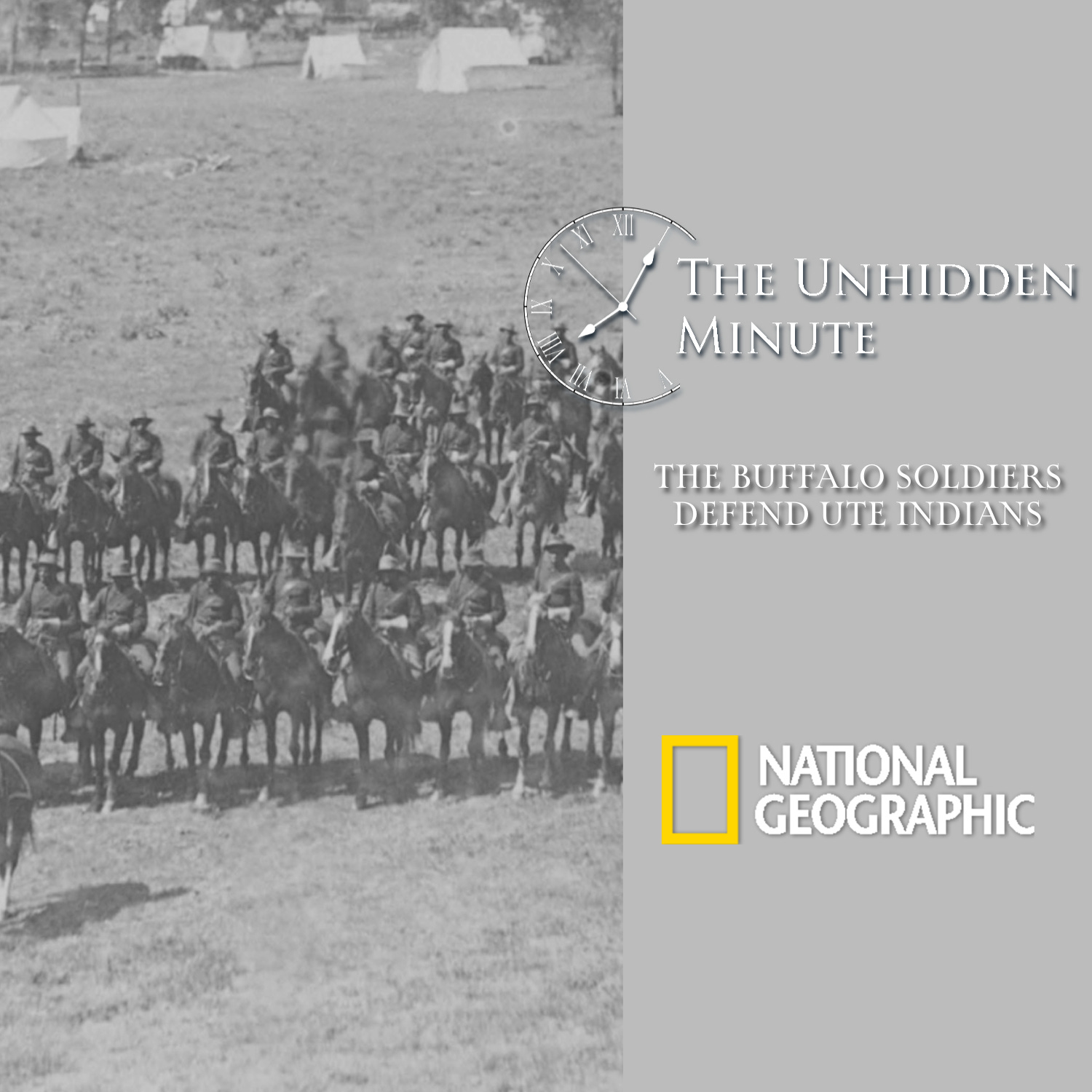
The Buffalo Soldiers Defend Ute Indians
In 1887, members of the 9th Cavalry Regiment—known as Buffalo Soldiers—intervened to protect a band of Ute Indians. These Native Americans had fled into Utah after tensions escalated with white settl…
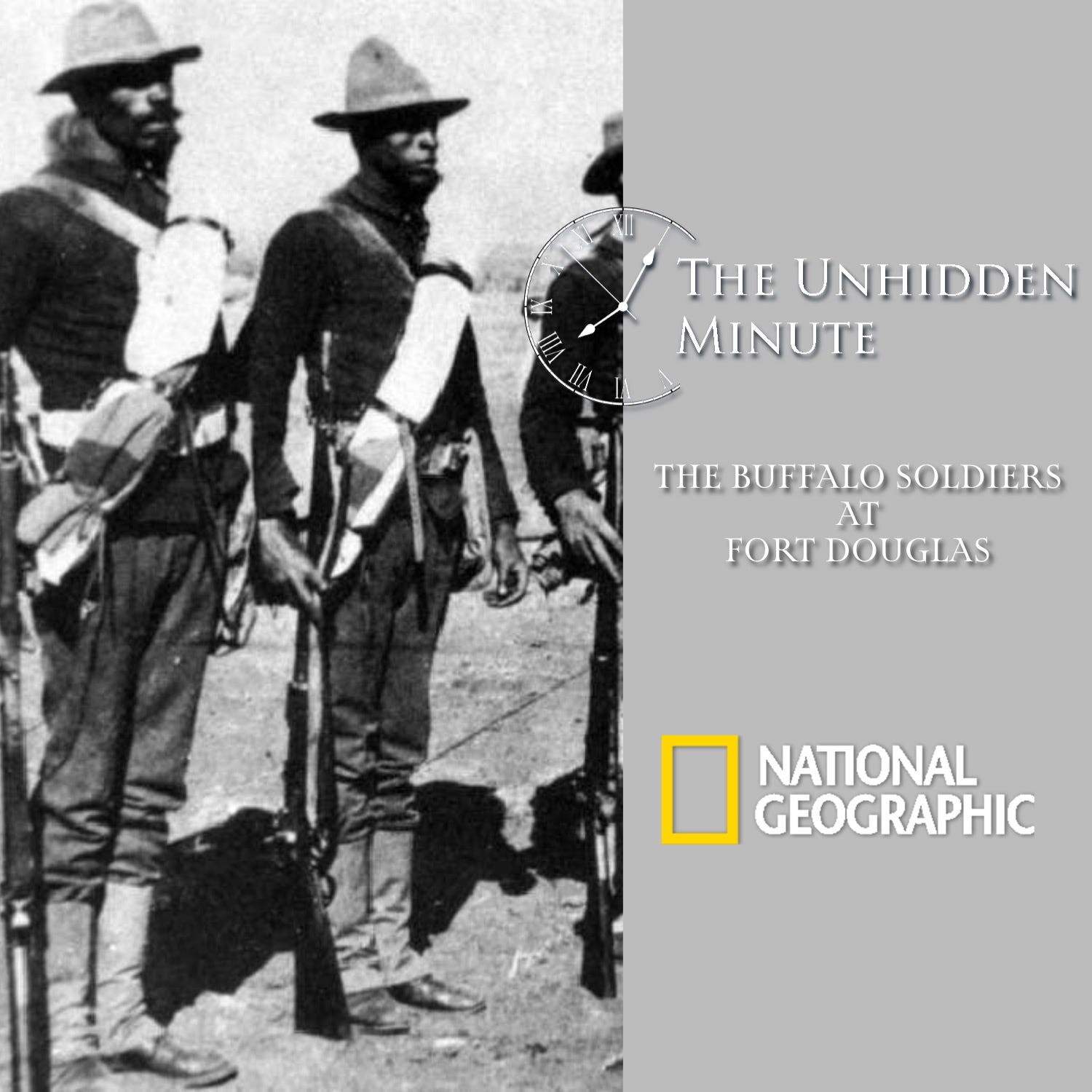
The Buffalo Soldiers at Fort Douglas
In 1887, Buffalo Soldiers of the 9th Cavalry were stationed at Fort Douglas, near Salt Lake City, Utah. They were part of the U.S. Army’s broader efforts to secure western territories during the post…
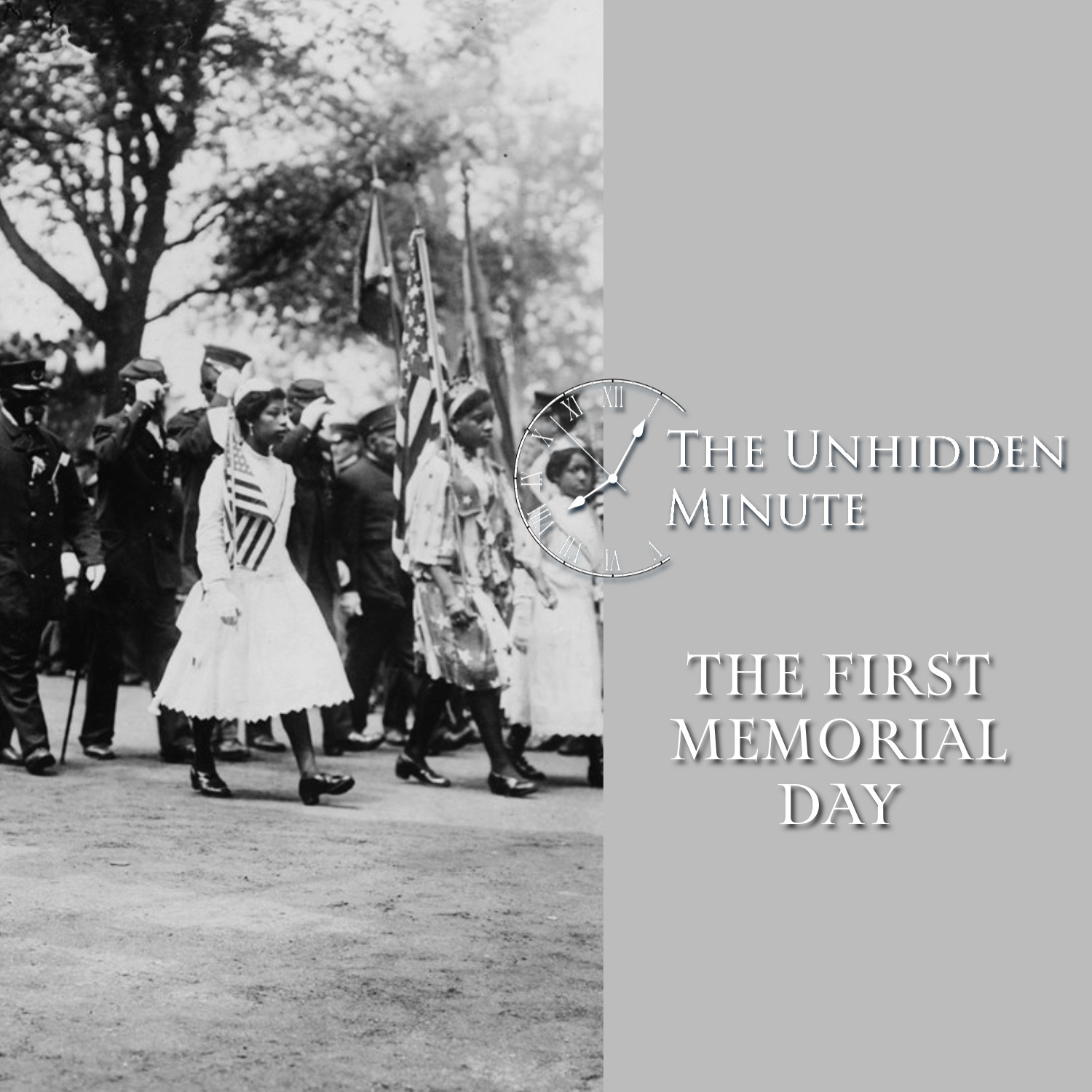
The First Memorial Day
The origins of Memorial Day are deeply rooted in Black American history, though this is often overlooked in mainstream narratives. On May 1, 1865, just weeks after the Civil War ended, over 10,000 fo…

The Greensboro Sit-Ins
The Greensboro lunch counter protests of 1960 marked a pivotal moment in the American Civil Rights Movement. On February 1, 1960, four Black American college students from North Carolina Agricultural…

Lemuel Haynes
Lemuel Haynes (1753–1833) was the first Black American ordained as a minister in a mainstream Protestant denomination in the United States. Born in West Hartford, Connecticut, to a white mother and a…
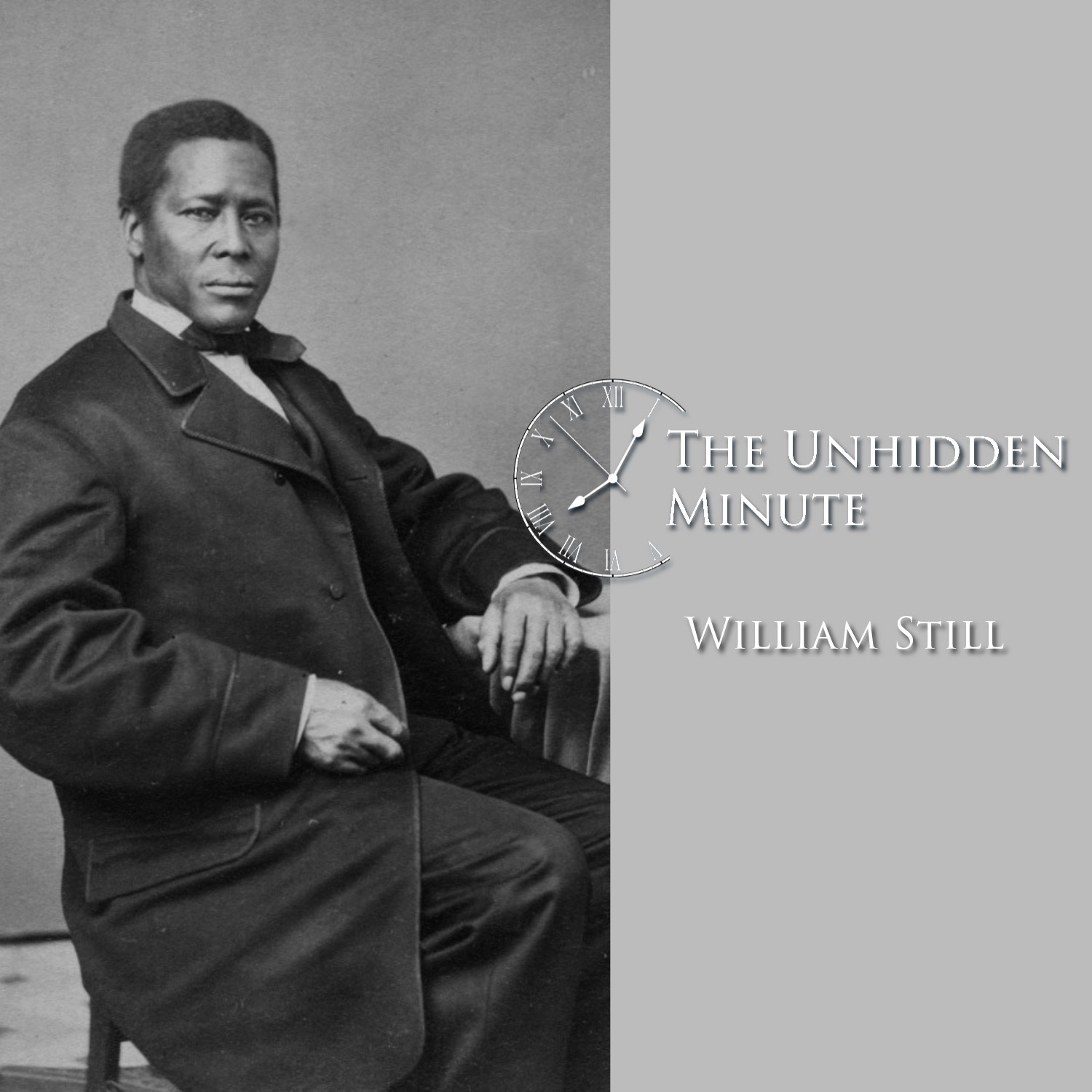
William Still
William Still (1821–1902) was a prominent Black American abolitionist, writer, and key figure in the Underground Railroad. Often referred to as the "Father of the Underground Railroad," Still helped …